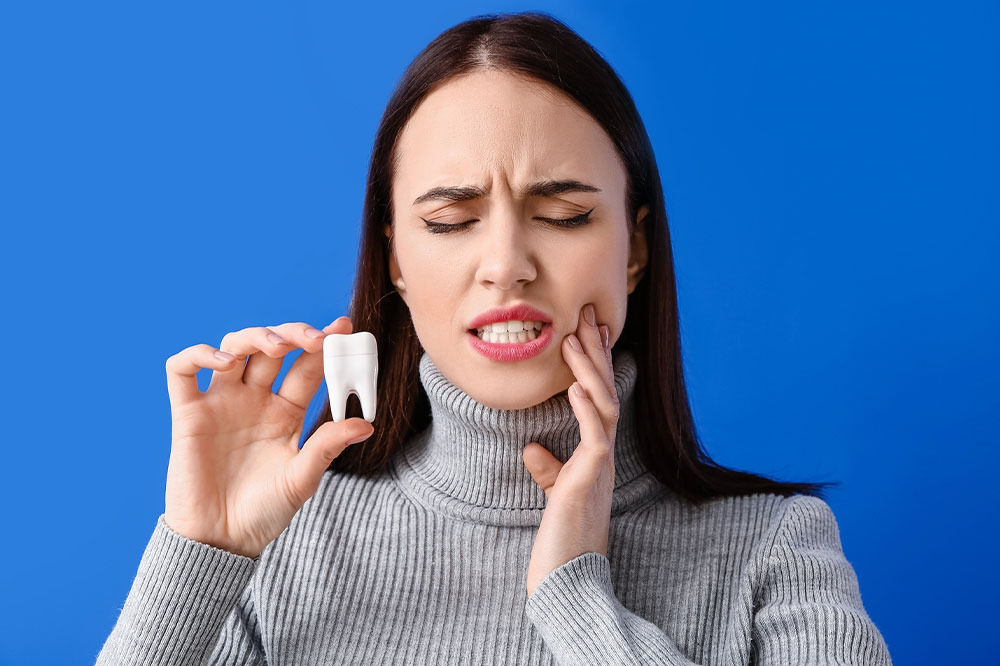
6 unhealthy habits that can damage one’s teeth
Besides enhancing one’s smile, healthy teeth reflect one’s personal hygiene and overall physical health. Unfortunately, over a quarter of adults in the country suffer from untreated tooth decay. Oral health is essential to one’s life and should not be overlooked. Timely detection of oral health conditions and a healthy lifestyle can help facilitate healthier teeth and gums. In addition, it is essential to avoid certain unhealthy habits that can damage one’s teeth:
Biting one’s nails
Nail biting is a common but highly unhealthy habit that can damage one’s teeth and jaw considerably over time. It can even lead to jaw dysfunction and cause teeth cracking and pain. Painting one’s nails is an effective way to curtail this habit.
Not gargling after every meal
Several food particles typically get lodged in cavities and between the teeth after meals. Gargling after every meal is essential to ensure that these particles get dislodged easily. Moreover, gargling removes tartar and bacteria accumulated in the teeth. One may use a mouthwash or simply gargle a solution of salt and water after meals to ensure good oral hygiene.
Grinding one’s teeth
Many adults are affected by teeth grinding, also known as bruxism. Often a subconscious habit, it can occur during the day in up to one-third of adults and at night in 1 in 10 individuals. This habit can restrict jaw movement and result in considerable muscular discomfort and pain. Certain jaw-relaxation exercises can help control one’s teeth grinding.
Using the teeth to open packets, bottles, etc.
Many individuals use their teeth to open packets, bottles, and other objects. While it may be convenient to use one’s teeth when no other equipment like scissors or knives is available, this habit can cause the teeth to chip or crack.
Chewing on ice
Chewing ice cubes can cause one’s teeth to break or become brittle. Thus, it is advisable to use a straw while having cold beverages to prevent ice cubes from entering one’s mouth after a drink.
Having too many sugary foods
Sugar has been long associated with tooth decay and pain. Sugar mixes with bacteria within the plaque in one’s teeth and eventually causes the enamel to dissolve. It may even lead to the need for tooth extraction over time. Therefore, it is important to avoid sugary foods in general and gargle or brush thoroughly in case one has a sugary treat occasionally. Replacing added sugar with natural alternatives like fresh fruits is also a good idea.
Besides avoiding the unhealthy habits mentioned above, it is also important to follow certain key oral hygiene practices, such as brushing one’s teeth twice a day and having calcium-rich foods for stronger teeth. Dentists also recommend regular teeth cleaning, typically every six months, to remove hard stains and tartar and ensure clean, white teeth.







